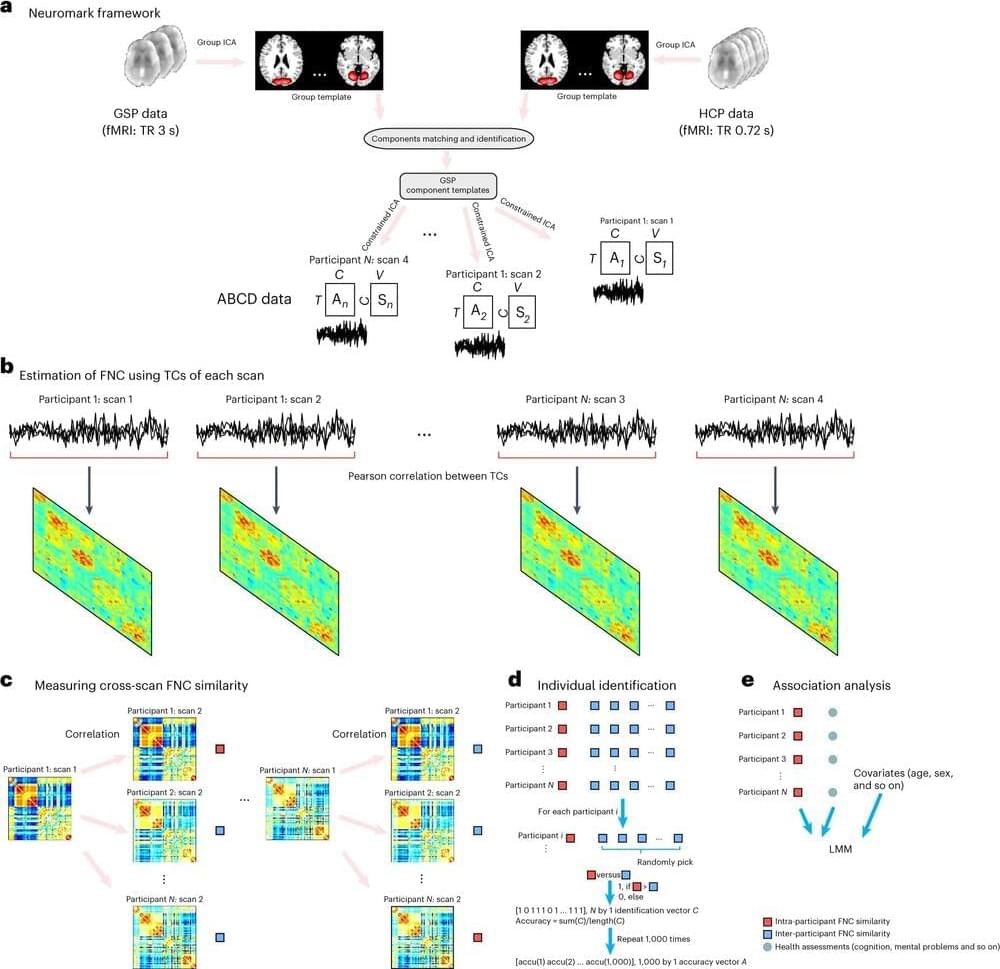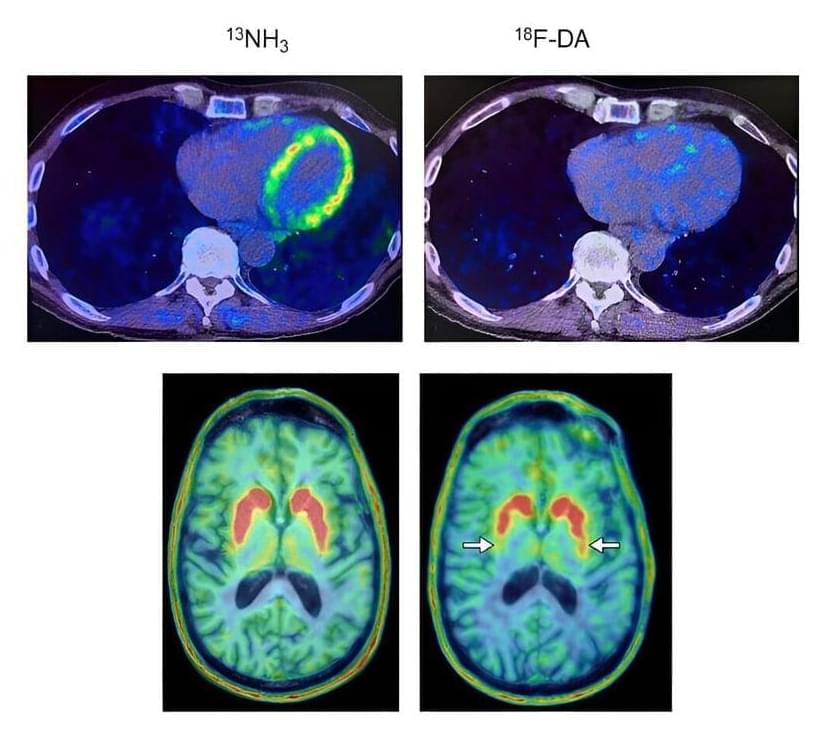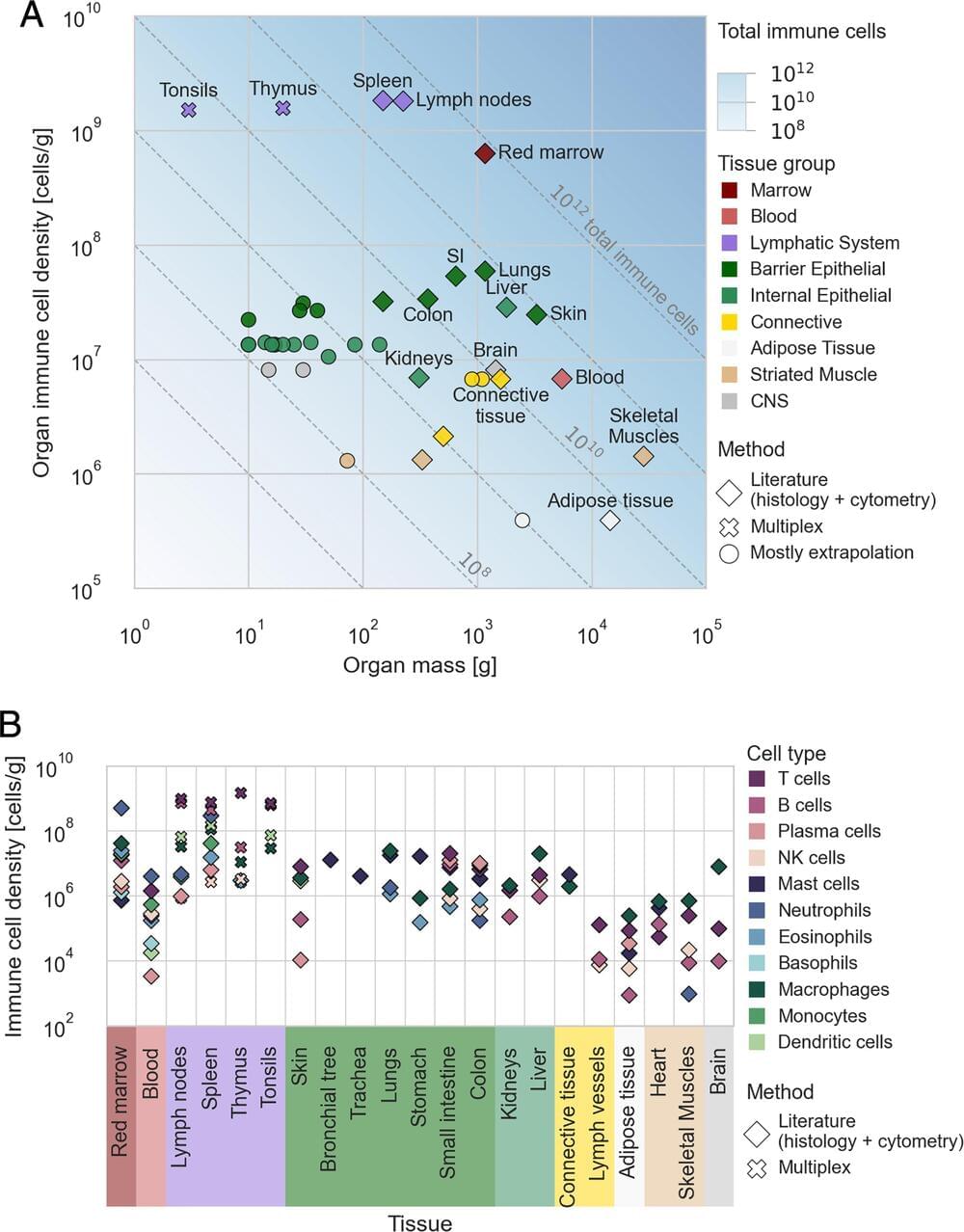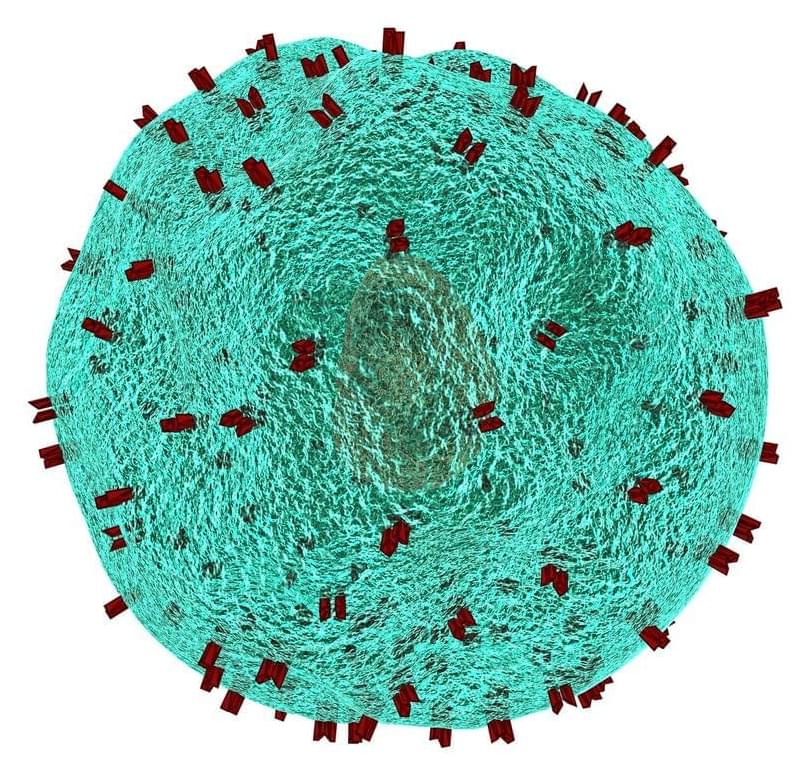Nov 8, 2023
Heat-related Cardiovascular Deaths in the U.S. may more than Double within Decades
Posted by Natalie Chan in categories: biotech/medical, health
In nationwide projections, elderly and Black adults are most at risk for cardiovascular death due to extreme heat, finds a new study. Cardiovascular deaths from extreme heat in the U.S. may more than double by the middle of the century. Without reductions in greenhouse gas emissions, that number could even triple, according to new research published today in the American Heart Association’s flagship journal Circulation.
“Climate change and its many manifestations will play an increasingly important role on the health of communities around the world in the coming decades,” said lead study author Sameed Khatana, M.D., M.P.H., assistant professor of medicine at the University of Pennsylvania and a staff cardiologist at the Philadelphia Veterans Affairs Medical Center, both in Philadelphia. “Climate change is also a health equity issue as it will impact certain individuals and populations to a disproportionate degree and may exacerbate preexisting health disparities in the U.S.”
How much and how quickly greenhouse gas emissions increase in the next decades will determine the health impacts of extreme heat. More aggressive policies to reduce greenhouse gas emissions have the potential to reduce the number of people who may experience the adverse health effects of extreme heat, according to Khatana.

















